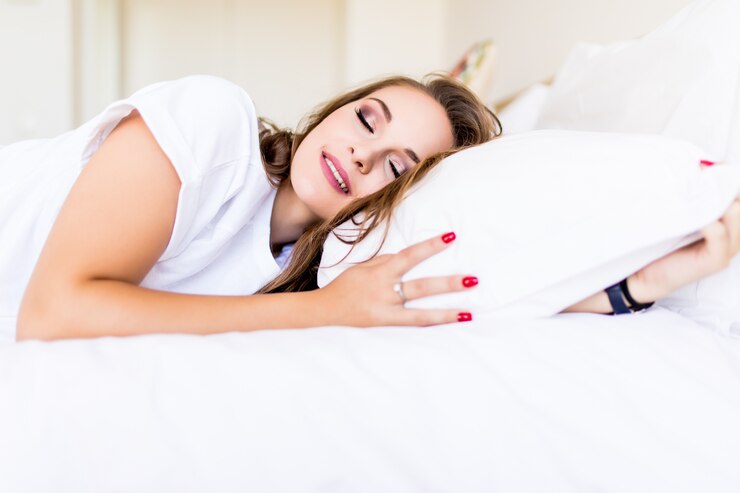Chronic sleep deprivation has been linked to a greater risk of health conditions, including heart disease, kidney issues, diabetes, and depression Sleep quality isn’t always within your control, but factors like how you structure your day and wind down at night can increase your chances of sleeping deeper and longer Diet choices may influence sleep, too. Certain foods and drinks contain melatonin and tryptophan, nutrients that can promote restfulness and potentially help you sleep better Several factors play into optimizing sleep and no single food will knock you out for the night. However, there’s little risk in trying these nutritious foods that may improve your rest. Tart Cherry Juice is known for its sleep-aiding properties. You may have seen the ingredient in a popular trend called the sleepy girl mocktail, a beverage made from tart cherry juice, magnesium powder, and sparkling water that’s meant to induce relaxation and promote better sleep. Tart cherries, which are also called Montmorency cherries, are naturally high in melatonin and contain a small amount of tryptophan. High Fiber Foods A hearty salad likely won’t make you drowsy, but it could have indirect effects on your sleep. That’s because the health of the gut microbiome, which refers to the trillions of bacteria within the digestive tract, has repeatedly been linked to sleep quality. Set a caffeine curfew If you’re sensitive to caffeine, stop consuming it well before your ideal bedtime. Every person metabolizes caffeine differently but those who are sensitive to the stimulant may need more than 10 hours to fully eliminate it from their system. Minimize alcohol Alcohol is infamous for disrupting sleep. While drinking usually helps you fall asleep quicker, it tends to result in less restful sleep and more frequent waking. Try to stop drinking alcohol at least three hours before bed so you have time to rehydrate first. Other Lifestyle Strategies for Improved Sleep Stick to a sleep schedule Keeping a consistent schedule is one the best choices you can make to regulate your sleep. Try to go to bed and wake up around the same time daily, including on the weekends Dim the lights Exposure to bright light in the evening can dull and delay the body’s production of melatonin Home lighting before usual bedtime impacts circadian timing a field study. Try dimming the lights in your home a few hours before bed to help support your body’s circadian rhythm.
Thank you for reading this post, don't forget to subscribe!
Friday, June 27, 2025


